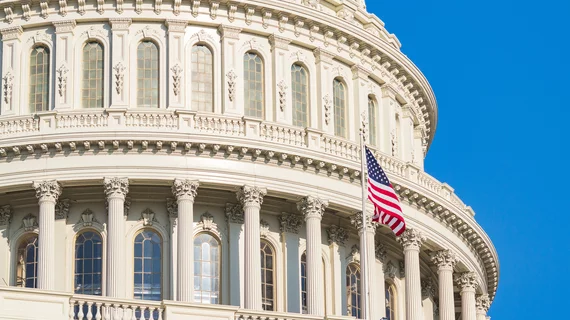Lawmaker ‘deeply concerned’ over $250M HHS contract for coronavirus-related PR work
One U.S. lawmaker is sounding the alarm over a $250 million Health and Human Services contract for public relations work tied to the pandemic.
The head of the House Committee on Energy and Commerce detailed his concerns in a letter to HHS Friday. Rep. Frank Pallone Jr., D-N.J., worries the agency is using taxpayer funds to fuel the commander-in-chief’s bid for a second term, amid a pattern of such behavior in the administration.
“I am deeply concerned that HHS is pursuing a dishonest COVID-19 messaging campaign designed primarily to benefit President Trump’s reelection prospects,” Pallone wrote to Secretary Alex Azar on Sept. 11. “Given the White House’s unrelenting push to put politics above science, the committee is deeply troubled by any effort to sideline public health officials in favor of outside communications consultants, particularly just months before the presidential election,” he added later.
Pallone specifically cited a late August report from Politico in his letter, noting that HHS reached out to multiple firms about a new communications contract. Their goal, the report said, was to “defeat despair and inspire hope” and “instill confidence to return to work and restart the economy.” He also cited a recent E&C investigation which found that CMS chief Seema Verma spent almost $6 million in taxpayer funds for communications consultants with “strong ties to Republican political circles.”
The committee is requesting documents and answers to a series of questions by Sept. 25. You can read the full letter here.

